Consultancy Case Study
Sleep Audit
Millfield School was founded in 1935, with six princes brought from India. Millfield is one of the leading UK independent schools for boys and girls, aged 2-18 years. Millfield is tremendously diverse in terms of the academic, cultural and sporting backgrounds of its pupils, and celebrate this diversity.
There is a growing body of literature which demonstrates the importance of sleep for mental health, wellbeing, memory and learning alongside widespread acknowledgement that modern teens are habitually underslept.
Millfield School were interested in sleep and wanted to know more about the current sleeping habits of pupils. They worked with BrainCanDo to run a sleep audit with a selection of pupils from all year group so that they could find out more about their typical sleep habits.
What did we deliver?
We worked with Millfield School to design a term long survey that could be distributed to all pupils in the school.
The survey included measures of sleep habits and wellbeing and was administered online to pupils at two different time points in the Michaelmas term.
BrainCanDo analysed the data from the two surveys and produced a written report together with face-to-face feedback to staff documenting the sleep habits of pupils in the school. We also made various recommendations based on the findings.
Outcome
‘BrainCanDo were flexible and approachable to work with. They understood what we sought to comprehend and gain from the sleep audit, and delivered robust results professionally, and delivered key findings and recommendations which we are reviewing alongside our pastoral and wellbeing initiatives.’
Kait Weston, Deputy Head Pastoral
Key Findings
68% of students reported that sleepiness was not problematic during half term, compared to during term time, when 64% of students said that sleepiness was “quite” or “very problematic”.
The largest shift in bedtimes was reported between students aged 14, typically 10pm, and those aged 15 years and above, where bedtime shifted sharply to a later time for older children. This is linked to a biological shift causing a later sleep onset for older adolescents.
On completion of the project, BrainCanDo delivered a written report, recommendations and presented face-to-face feedback to parents and staff at Millfield School.
Meet the brains behind it all


